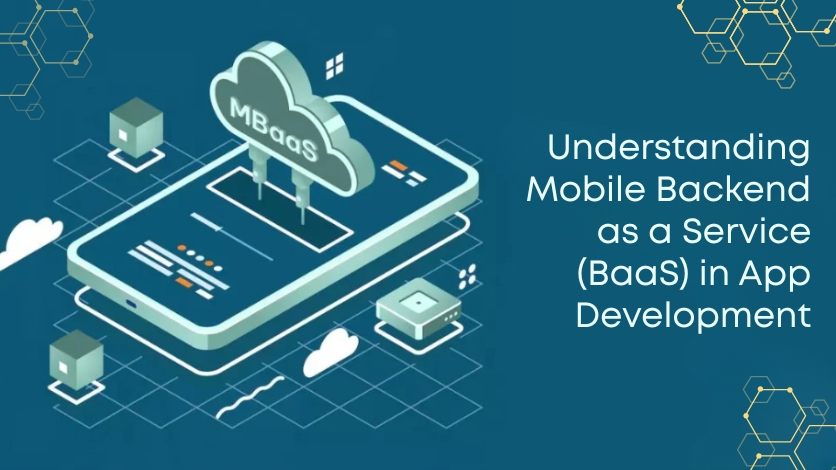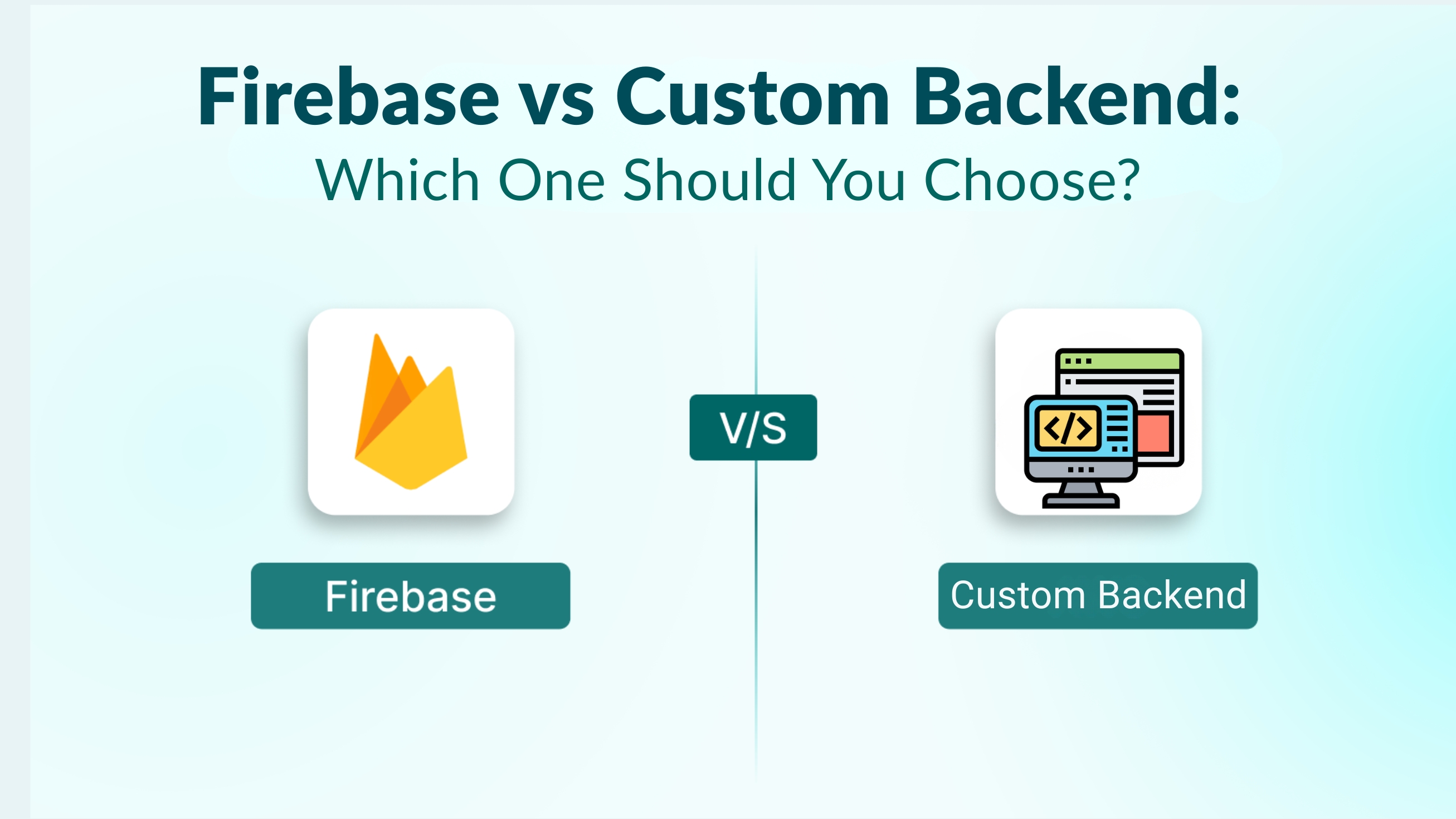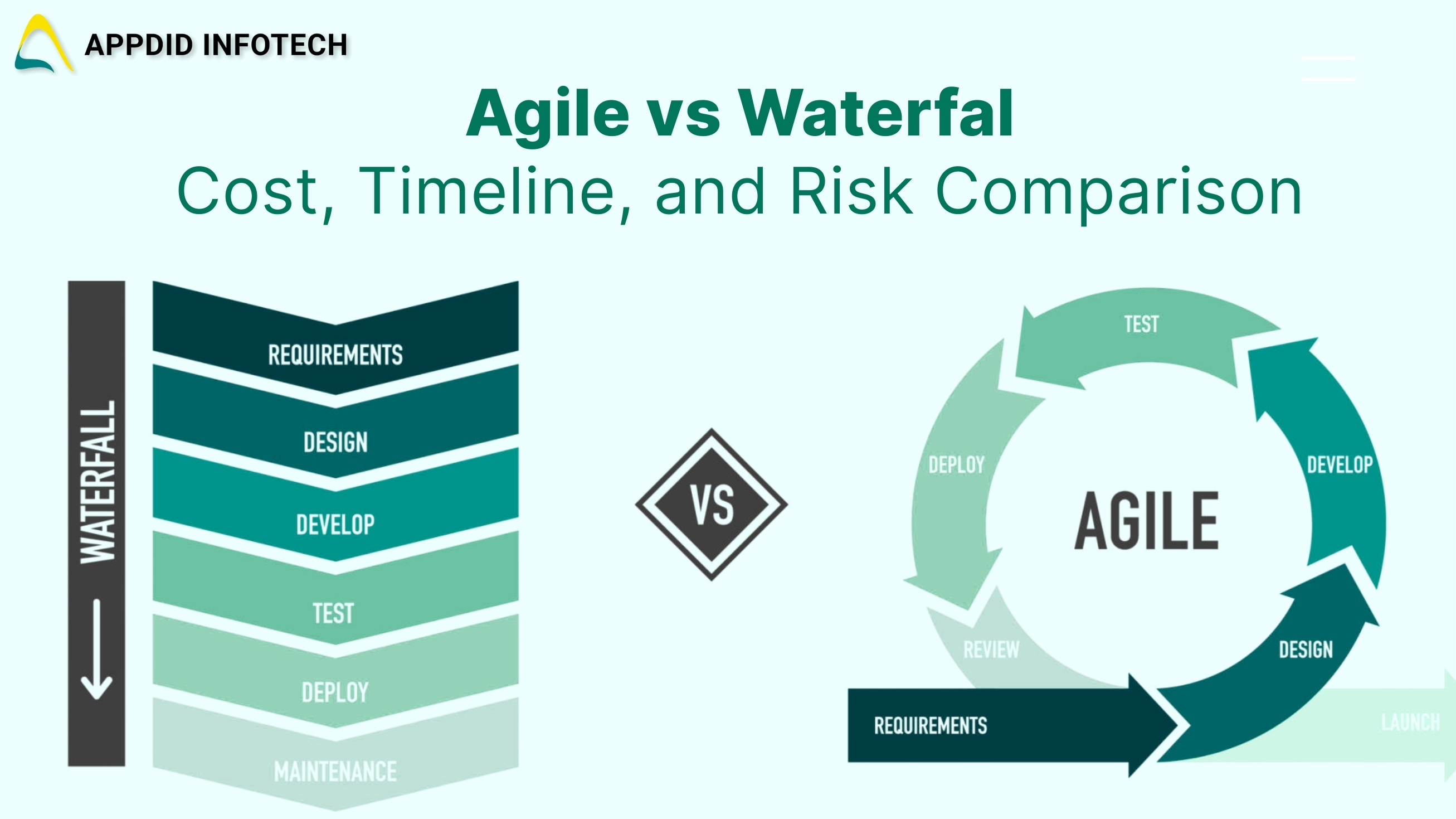Understanding Mobile Backend as a Service (BaaS) in App Development
In the fast-paced world of app development, innovation and speed define success. Businesses today need mobile apps that not only deliver exceptional front-end user experiences but also handle massive data, authentication, push notifications, and server-side logic efficiently. Managing these backend processes from scratch can be complex, time-consuming, and expensive. That’s where Mobile Backend as a Service (BaaS) comes into play.
BaaS has transformed how developers build, manage, and scale mobile applications. By offering ready-to-use backend infrastructure and APIs, BaaS platforms empower developers to focus more on app creativity rather than backend maintenance. In this guide, we’ll break down what BaaS is, how it works, its benefits, and why it’s becoming the backbone of modern mobile app development.
What Is Mobile Backend as a Service (BaaS)?
BaaS is a cloud-based model that provides developers with pre-built backend features like databases, authentication, cloud storage, push notifications, and server-side logic through APIs and SDKs. Instead of writing complex backend code, developers can integrate these services into their apps directly, drastically reducing development time and cost.
Imagine having a plug-and-play backend that lets you launch your app faster, scale automatically, and maintain security effortlessly. That's the power of BaaS.
Some of the popular BaaS providers include Firebase (by Google), AWS Amplify, Back4App, and Parse Platform. However, many app development companies today also offer custom BaaS solutions tailored to business needs.
Looking for expert BaaS integration in your next app? Contact Appdid today for powerful backend-driven mobile experiences!
How BaaS Works in App Development
At its core, BaaS acts as the middle layer between the front-end (the user interface) and the server-side (database, APIs, and storage). It provides developers with a secure bridge to manage app functionalities without dealing with physical servers or manual deployments.
Here’s how the process typically works:
-
Integration – Developers connect the BaaS SDK or API to their app.
-
User Authentication – Handles user logins, registrations, and access control securely.
-
Database Management – Stores and retrieves structured or unstructured data seamlessly.
-
Cloud Functions – Executes server-side logic on-demand.
-
Notifications & Analytics – Enables push notifications, usage tracking, and real-time insights.
This setup ensures that both the app and backend scale dynamically as the user base grows.
Benefits of Using BaaS in Mobile App Development
BaaS has gained traction across startups and enterprises alike because of its remarkable advantages:
-
Faster Time-to-Market: Eliminates the need to build complex backend systems from scratch.
-
Reduced Development Costs: Less server management and infrastructure setup mean lower costs.
-
Seamless Scalability: Automatically scales resources as user demand increases.
-
Integrated APIs: Provides ready-made APIs for authentication, messaging, and analytics.
-
Better Focus on UX: Developers can dedicate more time to user interface and engagement.
-
Cross-Platform Support: Works effortlessly with Android, iOS, and web apps.
Transform your app ideas into scalable realities — partner with Appdid’s expert BaaS developers today!
BaaS vs Traditional Backend Development
| Feature | BaaS | Traditional Backend |
| Development Time | Extremely fast | Slow, requires setup |
| Infrastructure | Managed by provider | Self-managed |
| Cost | Subscription-based | High upfront cost |
| Maintenance | Automated updates | Manual upkeep |
| Scalability | Auto-scaling | Requires reconfiguration |
While traditional backends offer more customization, BaaS brings unmatched agility — perfect for startups, MVPs, and fast-scaling businesses.
Popular Use Cases of BaaS
BaaS can power a wide range of mobile apps, including:
-
Social Media Apps: For handling user profiles, notifications, and chat systems.
-
eCommerce Apps: Managing products, payments, and user data.
-
On-Demand Apps: Real-time tracking, push notifications, and analytics.
-
Gaming Apps: Leaderboards, player authentication, and cloud storage.
-
IoT Solutions: Data collection and device communication.
The versatility of BaaS makes it suitable for almost any app category.
Challenges and Limitations of BaaS
While BaaS is a powerful model, developers must also consider:
-
Vendor Lock-in: Migration between BaaS providers can be complex.
-
Limited Customization: Some services may not support deep backend logic customization.
-
Data Compliance: Ensuring privacy and data protection under local laws like GDPR.
However, these can be mitigated by working with experienced app development partners like Appdid, who customize BaaS integration to fit specific business goals.
Why Appdid Is a Trusted Partner for BaaS-Based Mobile App Development
When it comes to mobile app development in Thane and Mumbai, Appdid Infotech stands out as a leading player combining innovation with technology. Our expertise lies in creating robust, scalable, and secure mobile applications backed by intelligent backend solutions.
At Appdid, we don’t just build apps, we build ecosystems. Our developers are proficient in integrating BaaS frameworks like Firebase, AWS Amplify, and Back4App to deliver smooth-performing, data-secure mobile experiences.
Our BaaS-driven approach ensures:
-
Quick deployment with real-time data handling.
-
Highly secure authentication and API integration.
-
Custom cloud functions designed for your business.
-
Seamless user experience across platforms.
Appdid Infotech Pvt. Ltd.
Location: Thane, Mumbai, Maharashtra
Contact:+91 99678 56357 | +91 7066600093
Email: info@appdid.com
Website: www.appdid.com
GMB: Appdid Infotech – Mobile App Development Company in Thane
Social Media Profiles
🔹 Facebook
🔹 YouTube
Ready to empower your mobile app with a smart backend? Let Appdid handle it for you!
Future of BaaS in App Development
With the rise of 5G, AI, and edge computing, BaaS is evolving rapidly. The future will see deeper integrations with:
-
AI-driven analytics and automation
-
Serverless computing models
-
Increased security protocols
-
Faster CI/CD integrations
As technology advances, BaaS will remain central to app ecosystems, enabling developers to build smarter, faster, and more connected digital products.
Final Words
BaaS has emerged as a game-changer for modern app development accelerating delivery, enhancing scalability, and reducing complexity. Whether you’re a startup looking to launch your MVP or an enterprise aiming to upgrade your digital ecosystem, leveraging BaaS can give your mobile application a competitive edge.
Visit us today to experience how Appdid Infotech can help you design, develop, and deploy next-gen mobile apps with powerful backend capabilities that drive business growth.
FAQs
1. What is the difference between BaaS and SaaS?
BaaS focuses on providing backend infrastructure for app developers, while SaaS delivers complete software applications for end users.
2. Can BaaS support real-time features like chat or notifications?
Yes, most modern BaaS platforms like Firebase and AWS Amplify include real-time databases and push notification APIs.
3. Is BaaS secure for enterprise-level applications?
Absolutely. Leading BaaS providers offer enterprise-grade security, encryption, and compliance certifications such as GDPR and ISO standards.
4. How does BaaS help in scaling my mobile application?
BaaS platforms automatically scale backend resources such as databases, storage, and APIs based on traffic and user load, ensuring optimal performance without manual infrastructure adjustments.
5. Is BaaS secure for enterprise-level applications?
Absolutely. Leading BaaS providers offer enterprise-grade security, encryption, and compliance certifications such as GDPR and ISO standards.










